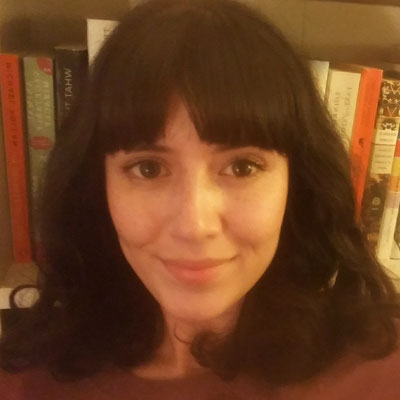ICR welcomes newest cohort
The College of Media welcomes the newest cohort in the Institute of Communications Research doctoral program.
 Mariana Colín
Mariana Colín
MA, North Carolina State University
Mariana Colín got her MA in English with a concentration in film studies in 2019. Her thesis explored alternative forms of academic publishing, and took the form of a YouTube channel called “The Morbid Zoo,” comprised of video essays that analyze different movie monsters.
She will begin her PhD at the ICR this summer as a Summer Predoctoral Institute Fellow, and continue in the fall as a Graduate College Fellow. She continues to analyze monsters on YouTube.
 Woo Jin Kim
Woo Jin Kim
MA, University of Texas–Austin
Woo Jin Kim’s research interests are in the areas of persuasive communication, public service announcements, and psychology of advertising.
In detail, his research has been related to how the media can influence an audience's attitude or behavior by utilizing communication and psychological theories or internal factors such as emotion, risk perception, and motivation.
He is also interested in how the media can elicit ethical behavior and how it can be applied in advertising.
 Weizi Liu
Weizi Liu
MS, University of Illinois at Urbana-Champaign
Weizi Liu’s research program broadly focuses on social and psychological impacts of media technology. The major goal of her research involves exploring how human-computer interaction and interpersonal communication integrate in technology-mediated communication.
She has ongoing projects and future research plans investigating consumer attitude, user trust, and decision-making in interactive media contexts such as digital agent service, virtual reality, and social media.
 Adrian Wong
Adrian Wong
MM, University of Southern California
Interdisciplinary scholar and classical musician Adrian Wong focuses on hacking and data gathering practices as forms of resource extraction, researching what the directionalities of flow of contested information reveal about current geopolitical power dynamics.
Adrian draws on semiotics, discourse analysis, and ethnography to explore how transnational agents undermine and reconfigure cultural and legal understandings of intellectual property and the control of information as a resource.
